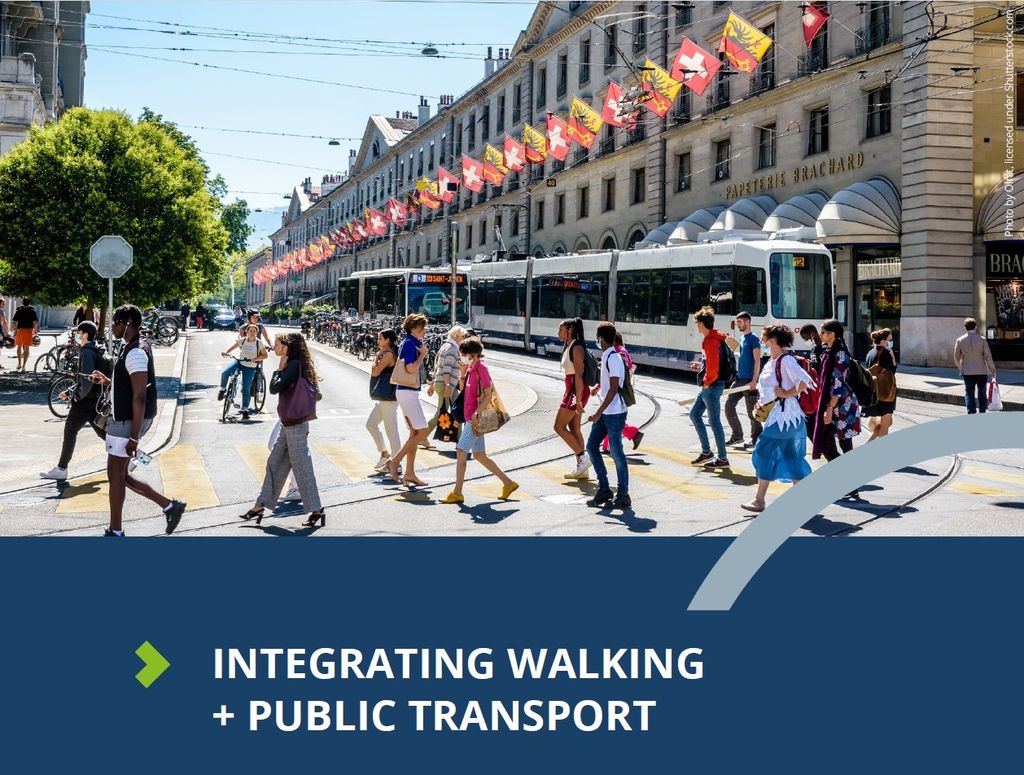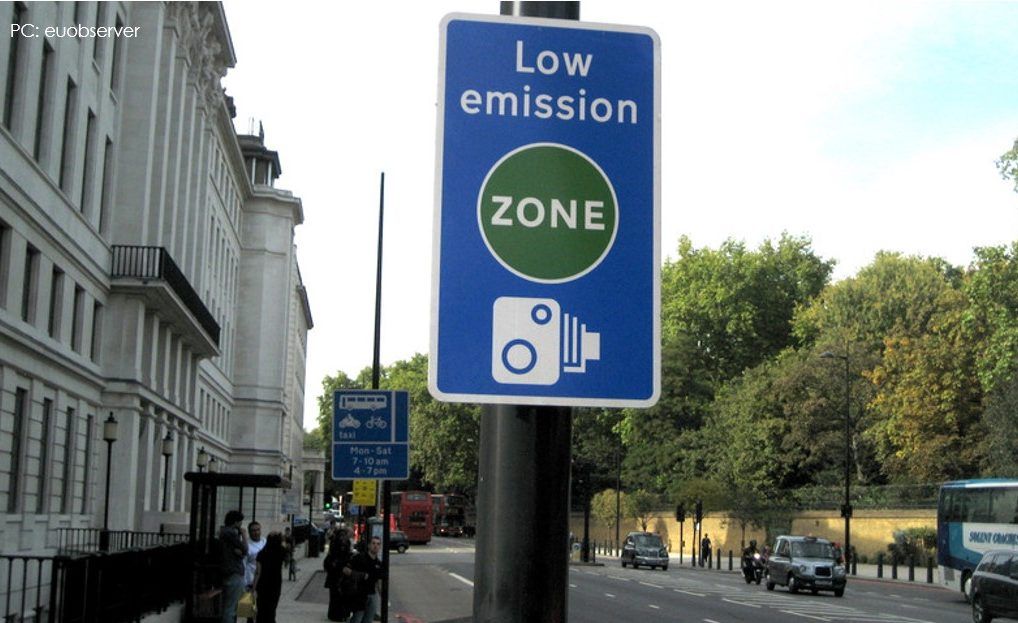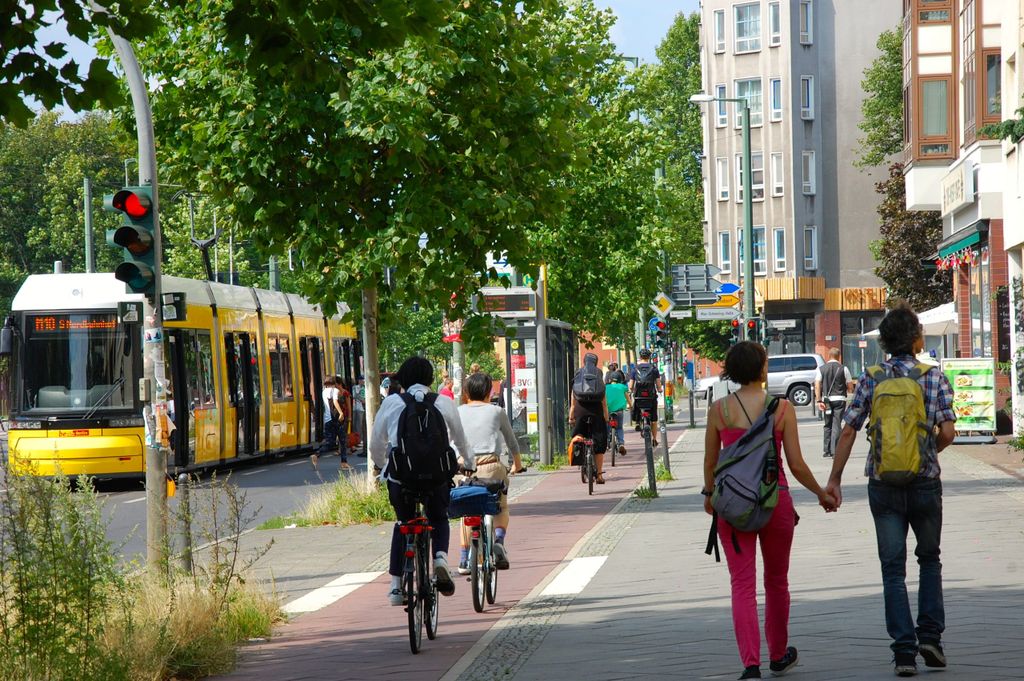
New EU-funded application CO-APS aims to reduce spread of COVID-19 in public transport
As highlighted in UITP’s recently launched Back to Better Mobility campaign, we are seeing many changes in our daily lives in light of the COVID-19 crisis, with perhaps more changes to come.
The ‘new normal’ is being introduced all over the world: our cities may not exactly resemble what they used to, but we are working together to ensure an urban mobility landscape that provides us with the freedom to move around and safely travel.
Even though scientific evidence so far seems to indicate that there have been very few contagions on public transport systems, which is proving to be a safer place than many, it is important that our sector continues its efforts to provide the safest possible environment for travellers.
This is exactly where CO-APS comes in.
UITP is happy to announce it participates in this new EU-project that gathers 8 partners to develop a mobile application that helps reduce the spread of COVID-19 by managing density in public transport and public spaces.
Contagious risk is a mixture of distance, duration of exposure, wearing of masks and speaking. With CO-APS, developed for passengers, by passengers, the application creates a full and real-time picture of the situation. CO-APS will deliver more options and choices for passengers – by choosing which service suits them best from the palm of their hand, the power lies with the passenger.
CO-APS is funded by EIT Urban Mobility, an initiative of the European Institute of Innovation and Technology (EIT). Since January 2019, EIT Urban Mobility has been working to encourage positive changes in the way people move around cities in order to make them more liveable places.
“CO-APS is a good example of what we want to achieve with the COVID-19 CALL: to address urban mobility challenges posed by the pandemic such as ensuring safety in the use public transport”
CO-APS constantly gathers data (from occupancy sensors, cameras, ticket validation, etc.) to determine the density in a specific station, vehicle or area. By providing passengers with this information, they can make an informed decision about their journey.
But, CO-APS is not only developed for passengers, it is also developed by passengers.Because who better to share info on the density within public transport than the people who are using it?
This is exactly what CO-APS does. It gathers additional data by asking public transport users to provide information on crowds. Through in-app challenges and games, travellers are asked questions that should help creating a full and real-time picture of the situation. How busy is it in a specific station? What percentage of passengers is wearing masks? By participating in challenges, travellers gather points, which they can exchange for discounts, tickets, or other services.
“We must take the opportunity to continue ensuring that our sector provides the best possible environment for passengers during COVID-19 and beyond. Public transport must be at the heart of cities when we build back better to a future post-pandemic. The CO-APS initiative contributes greatly to this effort”
CO-APS will be tested in four pilot cities in Europe: Istanbul, Sofia, Barcelona and Karditsa. More new on this to come soon, so stay tuned!
UITP has recently launched a new Knowledge Brief, ‘Mobility post-pandemic: A strategy for healthier cities’, which outlines eight clear actions for how cities can adapt their streetscapes to encourage safe and sustainable travel. More info here!

Membership benefits








